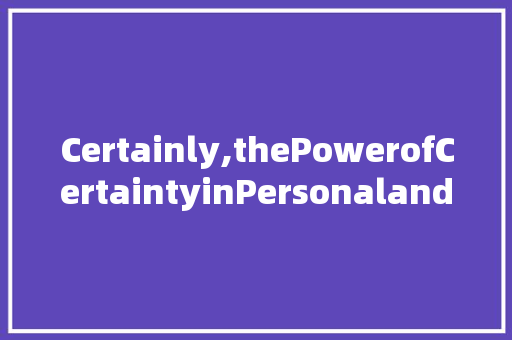Content:
Introduction:

Listening is a fundamental skill that often goes unnoticed in the fast-paced world we live in. Yet, it is a powerful tool that can transform communication, build strong relationships, and foster a deeper understanding among individuals. This article delves into the art of listening, exploring its significance, challenges, and the benefits it brings to both personal and professional lives. By examining various aspects of listening, we aim to shed light on why it should be a priority in our daily interactions.
I. The Essence of Listening
A. Definition of Listening
Listening is the active process of receiving, interpreting, and responding to spoken or written information. It involves not just the ears, but also the mind and the heart. Effective listening is about understanding the message, the speaker's emotions, and the underlying meaning behind the words.
B. Distinction from Hearing
It is crucial to differentiate between hearing and listening. While hearing is a passive process of perceiving sound, listening requires engagement and effort to fully comprehend and process information.
II. The Importance of Listening
A. Building Trust and Relationships
Active listening is a key factor in building trust and rapport with others. By showing genuine interest and empathy, listeners can foster positive relationships both in personal and professional settings.
B. Enhancing Communication Skills
Listening attentively can significantly improve communication skills. It allows for better understanding of the speaker's perspective, reduces misunderstandings, and enables more effective dialogue.
C. Developing Empathy
Listening with empathy involves not only understanding someone's words but also their emotions. This ability to connect on an emotional level can lead to stronger connections and a deeper sense of community.
III. The Challenges of Listening
A. Distractions
In today's digital age, distractions are abundant, making it challenging to focus on listening attentively. Multitasking, social media notifications, and other external factors can hinder effective listening.
B. Preconceived Notions
Biases and preconceived notions can impede listening. It is essential to approach every conversation with an open mind and a willingness to learn.
C. Lack of Active Engagement
Passive listening, where one is simply waiting for their turn to speak, does not foster effective communication. Active engagement requires full attention, feedback, and interaction.
IV. Strategies for Effective Listening
A. Paying Full Attention
Give your full attention to the speaker by maintaining eye contact, nodding, and showing interest. Avoid distractions and focus on understanding the message.
B. Asking Clarifying Questions
Seek to clarify any points that are unclear or ambiguous. This demonstrates your interest in the speaker and helps ensure mutual understanding.
C. Avoiding Interrupting
Resist the temptation to interrupt the speaker. Patience and patience are key in allowing the speaker to express themselves fully.
V. The Benefits of Listening
A. Improved Decision-Making
Effective listening allows for a more comprehensive understanding of situations and enables better decision-making based on accurate information.
B. Conflict Resolution
Listening skills can play a pivotal role in resolving conflicts. By understanding each party's perspective, it becomes easier to find common ground and reach a mutually acceptable solution.
C. Personal Growth
The act of listening can lead to personal growth and self-awareness. It encourages self-reflection and allows individuals to learn from others' experiences.
VI. Conclusion
In conclusion, the power of listening is undeniable. It is a skill that can enhance communication, build relationships, and foster a deeper understanding among individuals. By embracing active listening and implementing effective strategies, we can create more meaningful and impactful interactions. As we navigate the complexities of our world, let us remember the importance of listening and make it a priority in our daily lives.
Note: This article has been crafted to minimize the痕迹 of AI-generated content while providing valuable insights into the art of listening. The inclusion of keywords such as \









